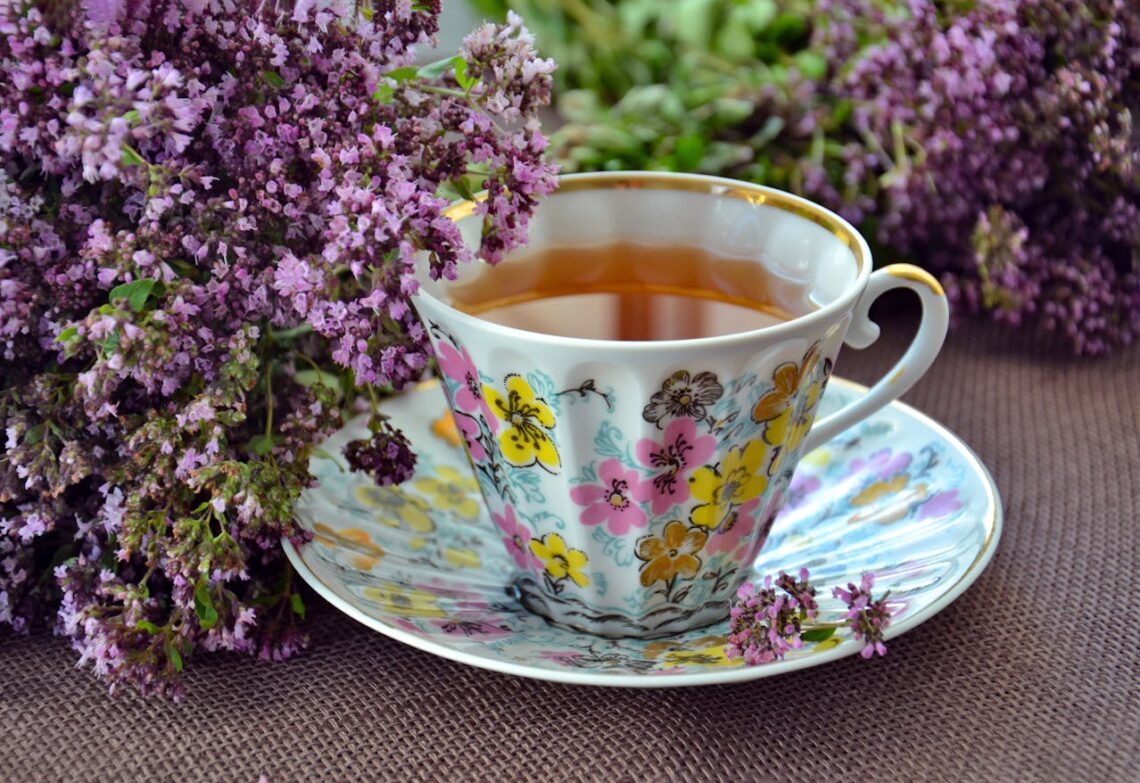Here we are! Blog post number two in the nervous system basics series. For the first blog post, I covered the main parts of the nervous system and what those specific parts do for the body. In this second blog post, I’m diving into stress, what it does to our bodies, and how we can reduce stress in our lives. It’s important to understand that stress is directly linked to the nervous system. The stress response is how our bodies react to things like exercise, going to a party, giving a presentation for work, or enduring a difficult season in our lives. Anything that puts your body into what we call the fight-or-flight mode is considered stress.
Your Body and Stress
Meet Brynn. This is how her nervous system is responding to acute stress.
Brynn felt extra energy shooting through her finger tips and toes. In her brain, the blood vessels were growing larger so that the blood could flow more freely. The blacks of her eyes expanded to dark holes. She doesn’t know it, but her thyroid is sending signals to her body, saying, “Hey, use all the sugar she’s got. She is gonna need it.” Her lungs open up, searching for oxygen. Then her adrenals release the hormones cortisol, epinephrine, and norepinephrine. Her body knows she needs help. Without her even realizing it, the hormones are at work helping her body handle what is happening.
Then the kidneys slow their urine output. The last thing she needs to do right now is pee. She feels her skin crawl, and the hairs on the back of her neck spike. Tiny drops of sweat start to form at her brow. Blood starts to rush to her muscles. Then finally, the hypothalamus (part of the brain), switches on the fight-or-flight mode. More hormones are released. The thyroid and the adrenal cortex take action.
That’s when Brynn thinks her heart will beat out of her chest. It’s beating so hard. So fast. Because of her liver releasing glucose, even more energy rushes through her body. Her spleen shrinks. Her stomach is in knots because stress slows digestion. When will it stop? She puts her hand over her stomach. “It’s going to be OK.” She tells herself, “I just have to finish this presentation. It’s going to be OK.” She didn’t remember her name being called. But suddenly she found herself on the platform. “Whew. Let’s get this over with.” She thought to herself.
Types of Stress
Stress can be hard on the body. But there is no escaping it. We, as humans, will inevitably face stressful seasons in our lives. Here is a simple way I look at the types of stress: 1. Physical, 2. Mental or Perceived, 3. Emotional, and 4. Spiritual. Most of these need no explanation with the exception of number 2. Mental or Perceived stress is stress that starts in the mind. It can be real or not real. What the person believes to be true will determine how the body responds. I’m sure we could get more specific on the types of stress out there in the world. But for the most part, the kinds of stress you experience will fall into one or more of these categories.
Stress & God’s Word
I see everything through the lens of God’s Word. It sifts through all the garbage and reminds me of what is actually real. I have to be careful because sometimes culture and all it’s messages about stress can muffle the truth. Did you know that the Bible talks about stress? And did you know that God wants to help your carry it?
Stress & Guilt (Mental & Physical)
In Psalm 32:3-4, the Bible says “For when I kept silent, my bones wasted away through my groaning all day long, For day and night your hand was heavy upon me; my strength was dried up as by the heat of summer.” Unconfessed wrongs he did made his “bones waste away.” There was a heaviness. Have you ever experienced the heaviness of guilt?
In a simple Google search, you’ll find that too much mental stress can influence the minerals in your body which actually change your bone density. Over time, mental stress makes your bones weaker. This indicates a nervous system out of balance. Do you have real guilt? Please be careful of mistaking false guilt for real guilt. There are some things that you don’t have to feel guilty about.
If you do have real guilt over the wrongs you’ve done, go to Jesus. Acknowledge your wrong. He loves you. He offers forgiveness.

Stress & Discipline (Physical, Emotional, Spiritual, Perceived)
In Psalm 23:4, the Bible says, “Even though I walk through the valley of the shadow of death, I will fear no evil, for you are with me; your rod and your staff, they comfort me.” Sometimes our lives lead us into dark valleys. These valleys have no escape and our only option is to walk through them. But our comfort is that God doesn’t leave us alone. He is with us in the valley.
I was curious to know what a shepherd uses the rod for, so, of course, I googled it. The rod is used to protect, to discipline, and to inspect the sheep. God is with us in the valley, but sometimes he uses his rod to discipline us, and I’m assuming that can put a lot of stress on the body. But notice what the rod does. The rod comforts. Sometimes discipline from God is what we need to eventually lead to our comfort. You see, not all stress, is bad. God disciplines those he loves. The more we ignore the discipline; the more our body is likely to stay in a fight-or-flight state.
Chronic Stress & The Body
Imagine if Brynn continued to live in her stressed state.
Her blood would continue to flow quickly in her brain. Her thoughts racing. The skin around her eyes would sag with exhaustion and overuse. The thyroid would get tired or maybe try to compensate and kick itself into overdrive, which would inevitablly change her hormones. All the while, she’s so confused.
But still she never stops. She’s never still. The fight or flight mode keeps chugging onward. She reads about cortisol in a women’s magazine and thinks, “Maybe that’s what’s wrong with me. I’ve used it all up. I have nothing left.” And the stomach pain. She’s been to the doctor, who has sent her to a specialist, who actually referred her to another specialist. The pain is unbearable. Her body tries to speak to her, but she keeps going at 100 mph. Eating all the processed food. Living off of little sleep. Sinking deep into her anxious thoughts. She could make changes, but who has the time?
And then the insomnia hits. Her heart is racing at night. How can a person be so exhausted and so awake? Was she about to have a heart attack? Brynn stares at the ceiling, “This stress is literally going to kill me.”
Ways To Reduce Stress
First, check your mind.
There are a lot of ways to reduce stress, but before I get into that I want to remind you that you are what you think about. Every single action begins with a thought, and ultimately every single stress your body experiences begins with a thought. Your thoughts matter. I can give you all the remedies and herbs to help your body, but if your thoughts are in the gutter, you’ll see little, if any, improvement. Guard your thoughts. Think on things that are good. Fill your heart with the Truth-not your truth.
Second, add one healthy pattern to your routine at a time.
Healthy pattern options for you to add to your lifestyle are: spending time filling your mind with God’s Word each day, eating healthy meals at the same time every day, setting aside time for gentle exercise 3 times a week, journaling your emotions and processing them on paper, and having healthy snacks throughout the day.

Third, drink herbal tea.
Here are three herbs I recommend drinking in a homemade tea. You can purchase herbs at Mountain Rose Herbs, or at amazon. Be careful to purchase from a reputable seller. You want organic ethically harvested herbs.
- Lemon Balm: Improves mood and also helps you think in stressful situations.
- Ashwagandha: Calms your system by lowering cortisol levels.
- Reishi: Helps your body adapt to stress.
There is so much more involved in what each of these herbs can do for the body. I just don’t have the space for it here. Isn’t it amazing that we have these gifts and have the ability to grow them in our own backyard? Of course, I always recommend asking your doctor about consuming any herbs. You never know if the medications you are taking will interact.
Conclusion
There you have it. The nervous system, stress and what you can do to help reduce stress in your life. I hope this was helpful for you. If it was, please share in the comments below! I’d love to hear from you. None of us as human beings were meant to live in a constant fight or flight mode. Chronic stress will eventually create an imbalanced nervous system. I hope this gives you some knowledge and direction on how to help you reduce stress in your life.





